Last night I was reading Talmud, asking questions, and I realized that the 1st six Tarot cards are an excellent way of thinking about social implications. Those six cards, shown below, are the Fool, the Magician, the (High) Priestess, the Empress, the Emperor, and the Hierophant. Each of the personas represents a distinct perspective on social interactions.
 |
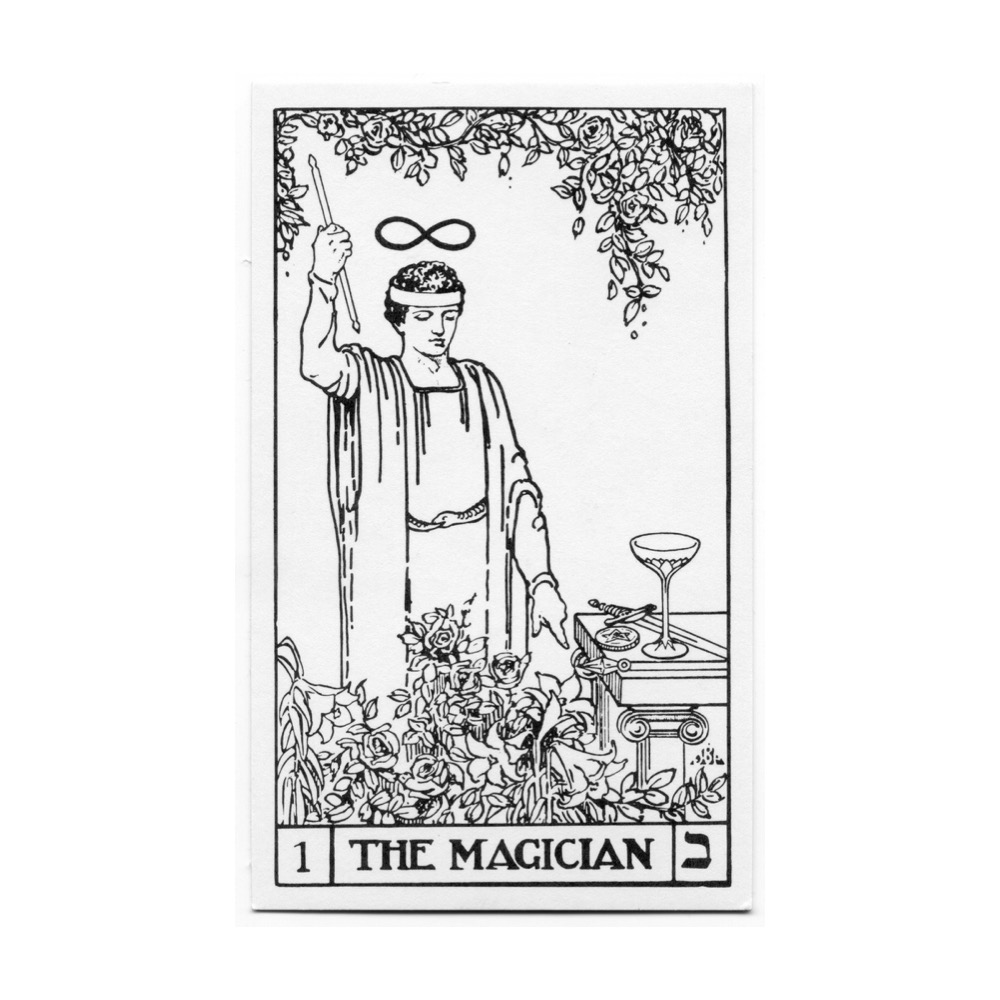 |
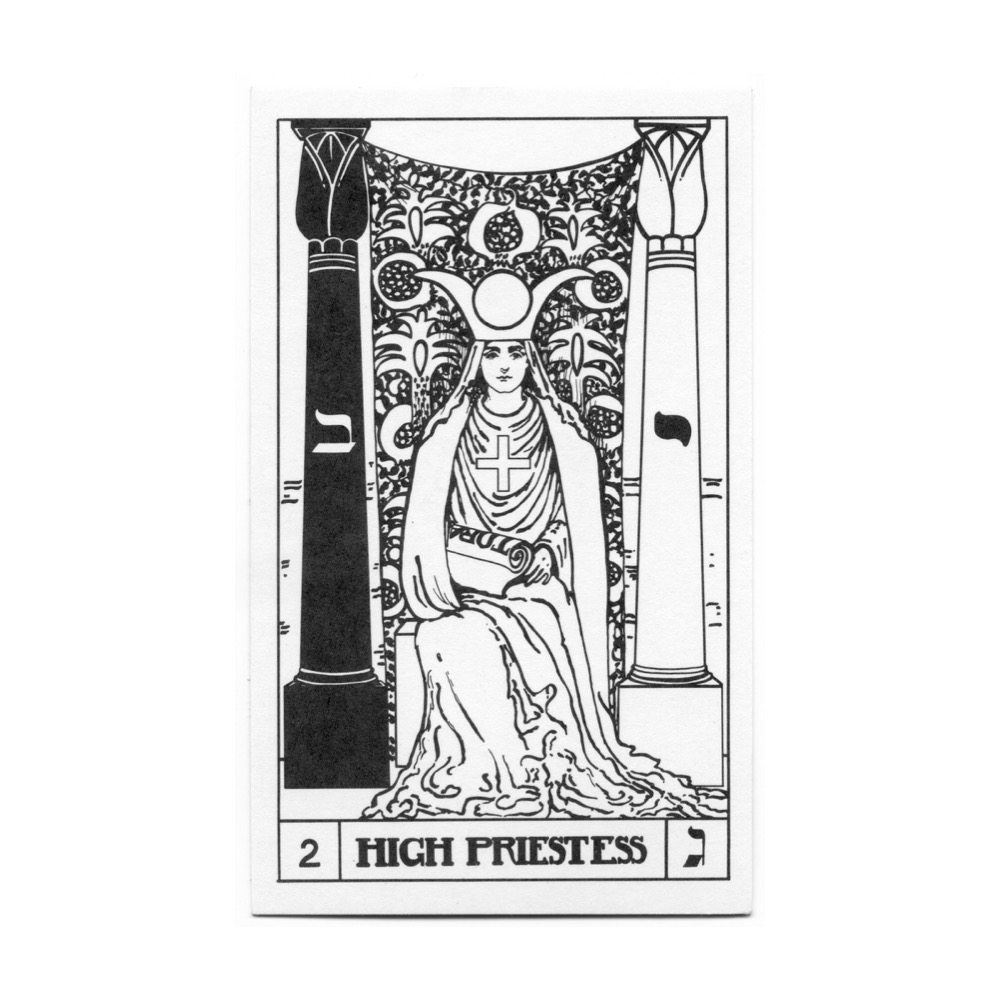 |
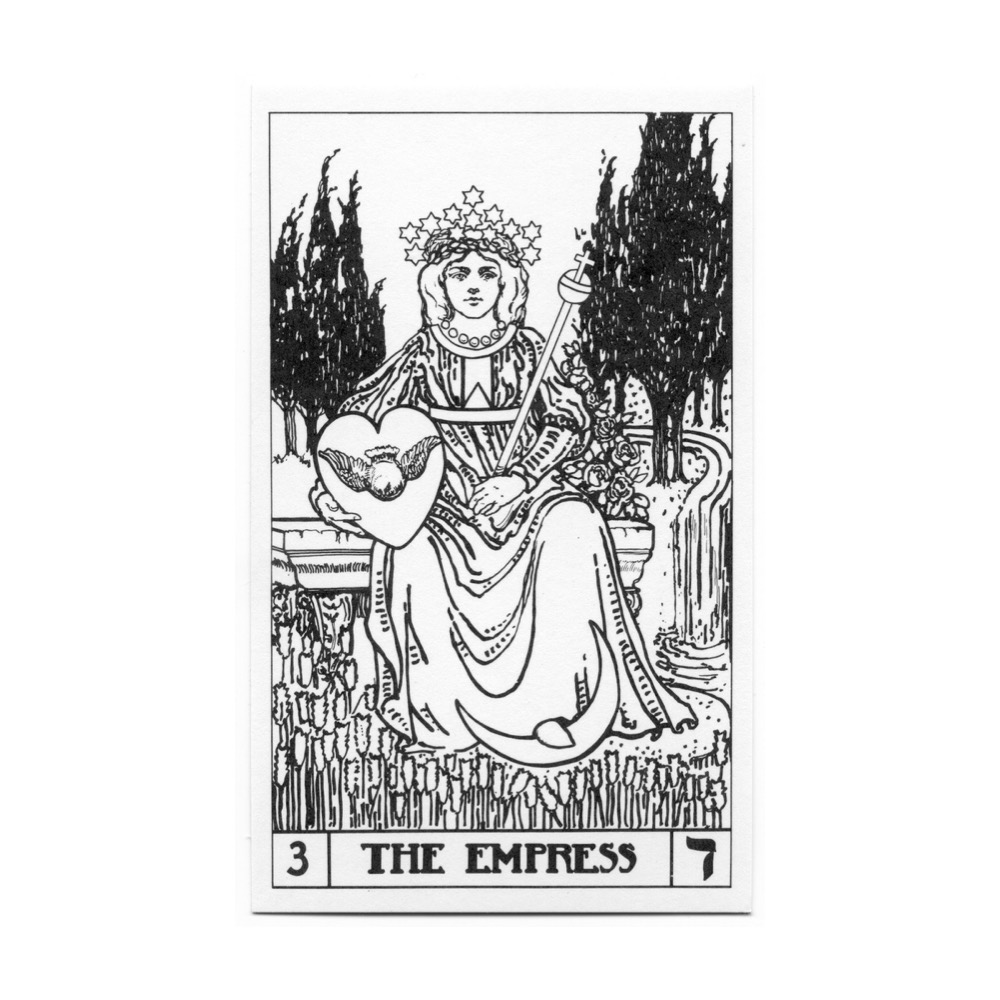 |
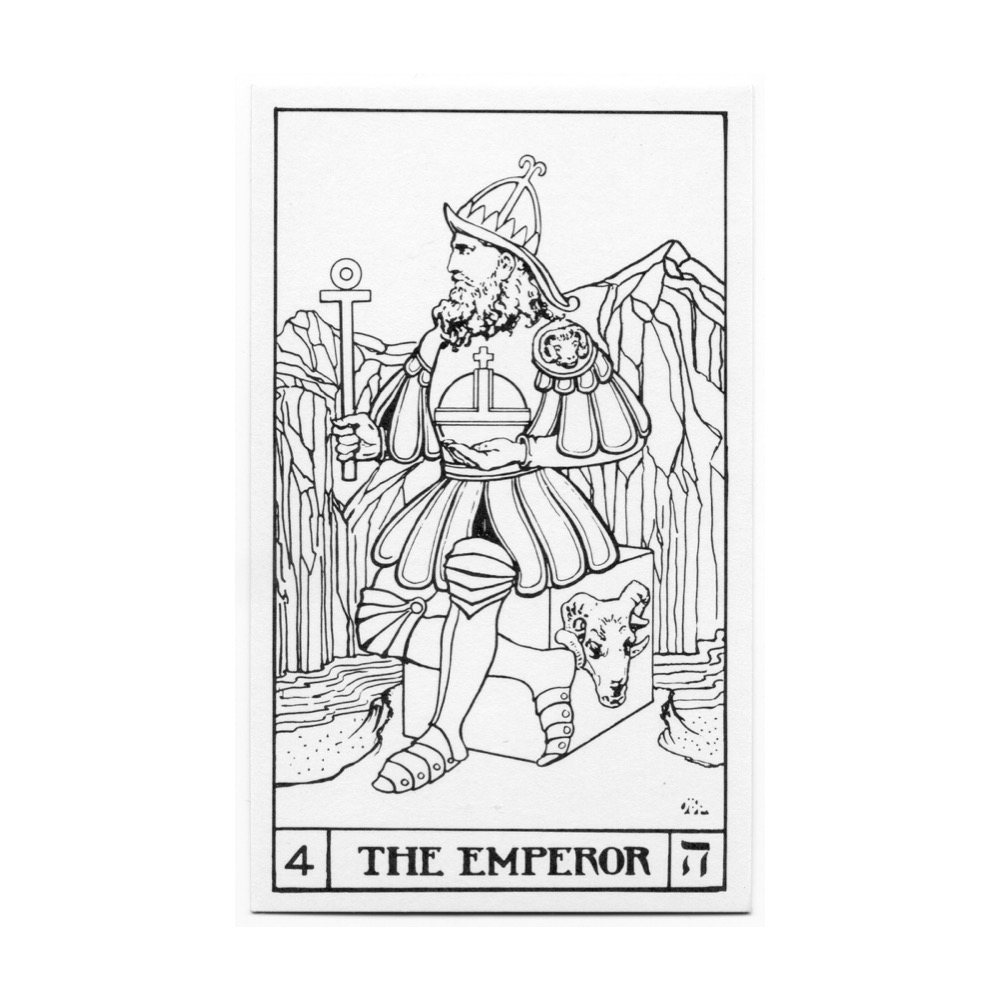 |
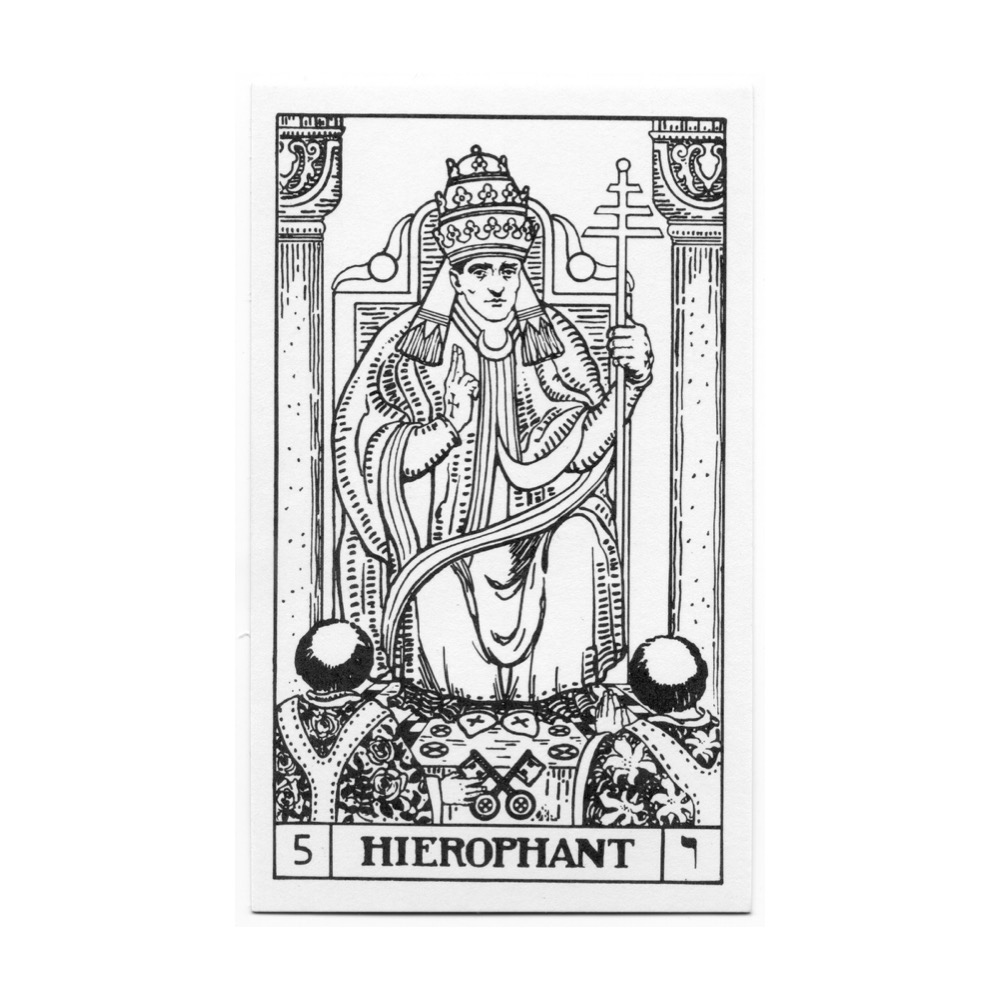 |
The Fool represents the person who's totally into their own freedom, do what they want, damn the consequences. The Fool's actions are ill-advised and often reckless and it is only by luck that he survives. The Fool focuses what will most improve human freedom and flourishing.
The Magician is the next step up and represents those who have figured out that the world is made of systems. The Magician figures out the rules of the systems and works with them instead of against them. The Magician focuses on making the system work maximally. Yet, almost only for their own good. These are scientists, lawyers, and other professionals who figure out how to game the system.
The High Priestess puts rules around actions, judging them by a standard. Sometimes too literal or strict in her interpretation, law is the beginning of people being able to live together. The High Priestess's focus is on how people can live together without descending into anarchy and constant war.
The Empress goes beyond law to consider how to make good things increase. If it's good for people to have something, the Empress wants to know what laws, norms, or culture produce an abundance of that thing.
The Emperor considers how applying power within and without a system might improve it. This applies to the courts, police, and army forcing others to comply. Order at this level is not only bottom up, but top down. The Emperor focuses on creating order, structure, and hierarchy so that society runs smoothly. He is also willing to violently pursue goals.
Finally, the Hierophant bids us look beyond the physical into the world. The Hierophant's focus is on what is above the mundane and makes us human. This may include the sense of beauty, spirituality, wisdom, and other attributes of human thought which cannot be measured or quantified.
Update 2024-02-29 I think the Lovers is a also in this stack, with
Examples from Bava Kamma
This week in the 7-year Talmud reading cycle the community is reading from Bava Kamma, which deals with damages. It's civil law, full of details about who did what to whom and what to do about it. Here, in one concentrated place, we find all the perspectives discussed above used to consider a case of socially incompetent people who own property dangerous to others, in the dock because tragedy struck.
Fool (Bava Kamma 39a 4)
If an ox belonging to a deaf-mute, an imbecile, or a minor gored another ox and caused damage, the court appoints a steward for them and warns them with regard to the ox that gored in the presence of the steward.
The Fool's perspective is portrayed here as one of not really understanding the social context in which they live, nor how to protect oneself, one's property, or others. Someone who cannot properly reason (i.e. a minor or imbecile) or communicate (i.e. a deaf-mute) is at a significant disadvantage in society. While things might go well if no one is around, the presence of other people increases the risk that something dangerous will occur.
Magician (Bava Kamma 39b 13)
And Rabbi Ya’akov also holds in accordance with the opinion of the Rabbis, who say that the court appoints a steward for the owner of an innocuous ox to enable the injured party to collect damages from its body.
Here the Magician's perspective attempts to use the system to benefit a particular person (i.e. the injured party).
High Priestess (Bava Kamma 39a 11)
And Rabbi Yoḥanan says: The court collects from them either to pay a debt recorded in a document that has the payment of interest stipulated in it, in order to ensure that the interest does not diminish the value their estate, or for the payment of a woman’s marriage contract, due to their interest in not paying for her sustenance. A widow can claim her marriage contract from her deceased husband’s property, and as long as she does not receive it, her husband’s heirs are responsible for providing her sustenance. In a case where the heirs are minor orphans, the court collects payment of the marriage contract from the orphans’ property, so that they will not have to pay for her sustenance in the interim.
Here the High Priestess perspective looks to apply the law so that people can continue to live together. If the orphan or widow were robbed, their upkeep might produce a larger obligation to the community, so it is best to find ways to keep their property intact and allow them to live from their own means.
Empress (Bava Kamma 39a 14)
Rabbi Yoḥanan says that compensation is collected from the superior-quality property of the orphans, because if you say that it should be collected from the superior-quality property of the steward, people will refrain from becoming stewards, fearing that they would incur a financial loss by having to pay for damage caused by the orphans’ animals.
Here, the Empress perspective sees having stewards for people who are incapable of taking care of their property as a good thing and speculates on how best to ensure more people take up the responsibility.
Emperor (Bava Kamma 39a 10)
The Gemara asks: But did Rabbi Yoḥanan actually say this? But doesn’t Rav Yehuda say that Rav Asi says: The court does not attend to the property of orphans to have them pay a debt unless interest is eroding their estate. In other words, in a case where the orphans’ father borrowed money from with interest, the court ensures that the debt is paid from the orphans’ property, since if they wait to pay the debt, it will grow dramatically. Apparently, in other cases the court does not collect from their property.
Here the Emperor perspective considers when to apply force in a situation where one party might be put at a disadvantage. In order to keep society functioning, smoothly violent appropriation of a property is considered.
Hierophant (Bava Kamma 40a 6)
The Gemara asks: Who is the tanna who taught that the purpose of ransom is atonement for the owner of the ox, and that therefore a minor orphan’s steward is exempt from liability to pay it, as orphans are not subject to the obligation of atonement since they are not morally responsible?
The Hierophant perspective looks beyond the letter of the law to spiritual aspects of life like moral responsibility, something which we can discuss, but not measure. Atonement, distinct and different from the physical issue of damages, is considered separately.
